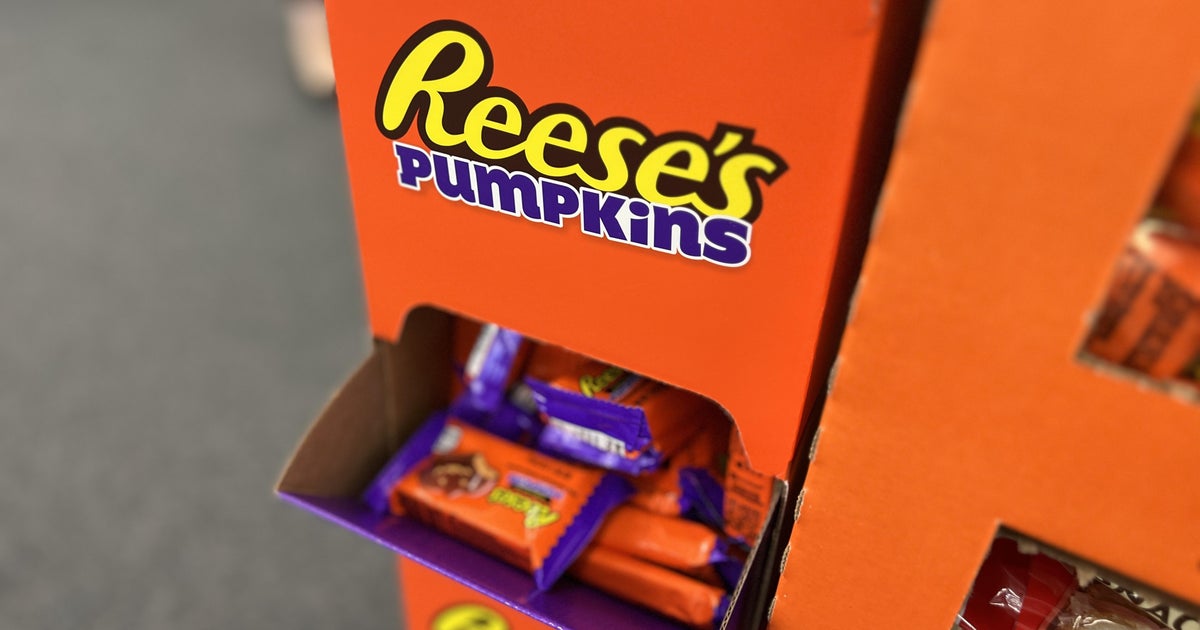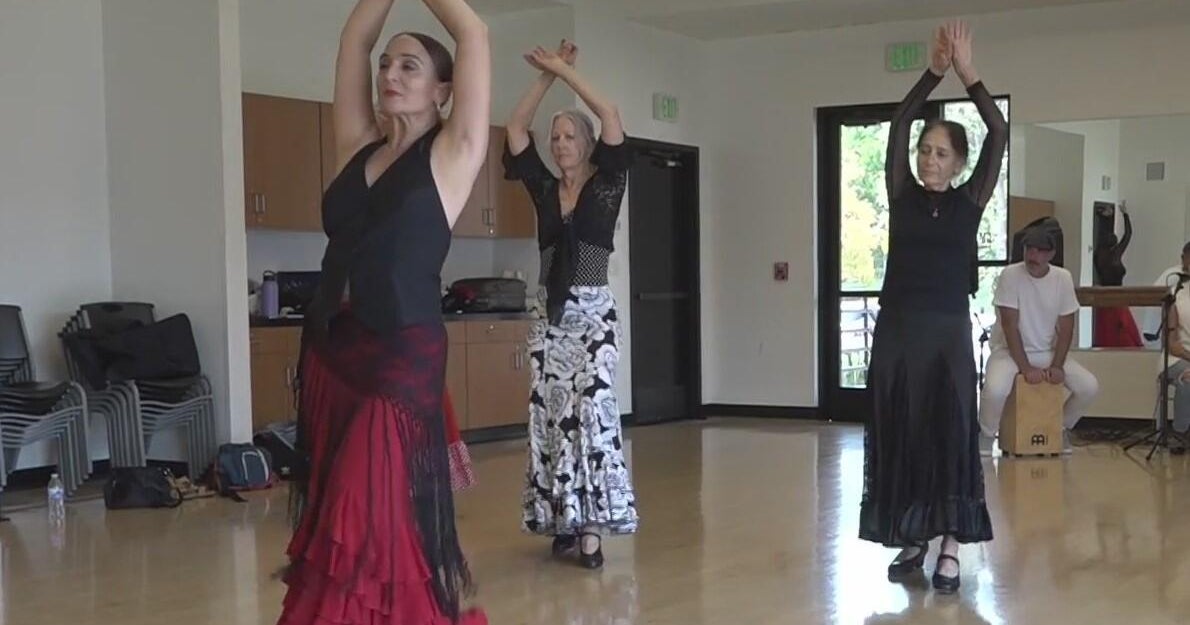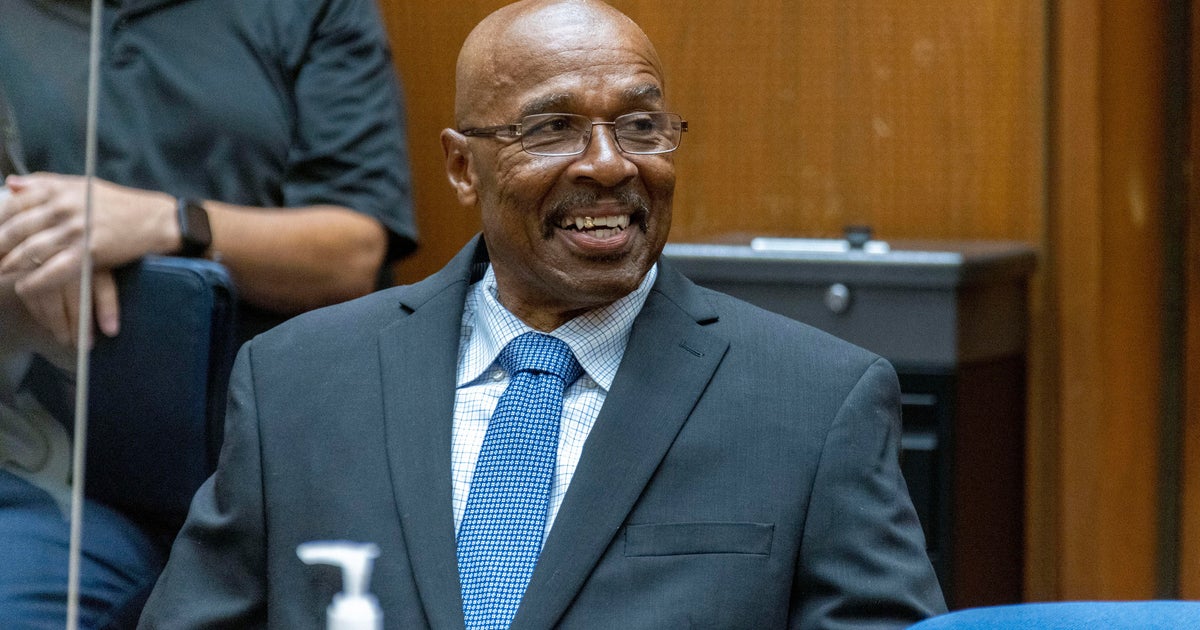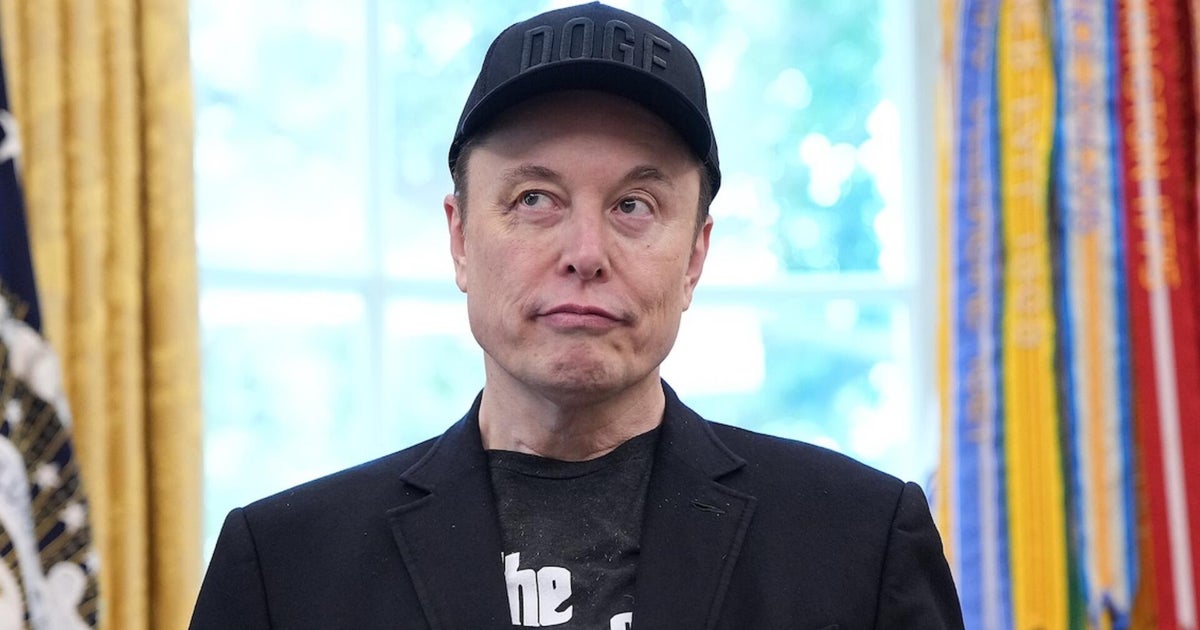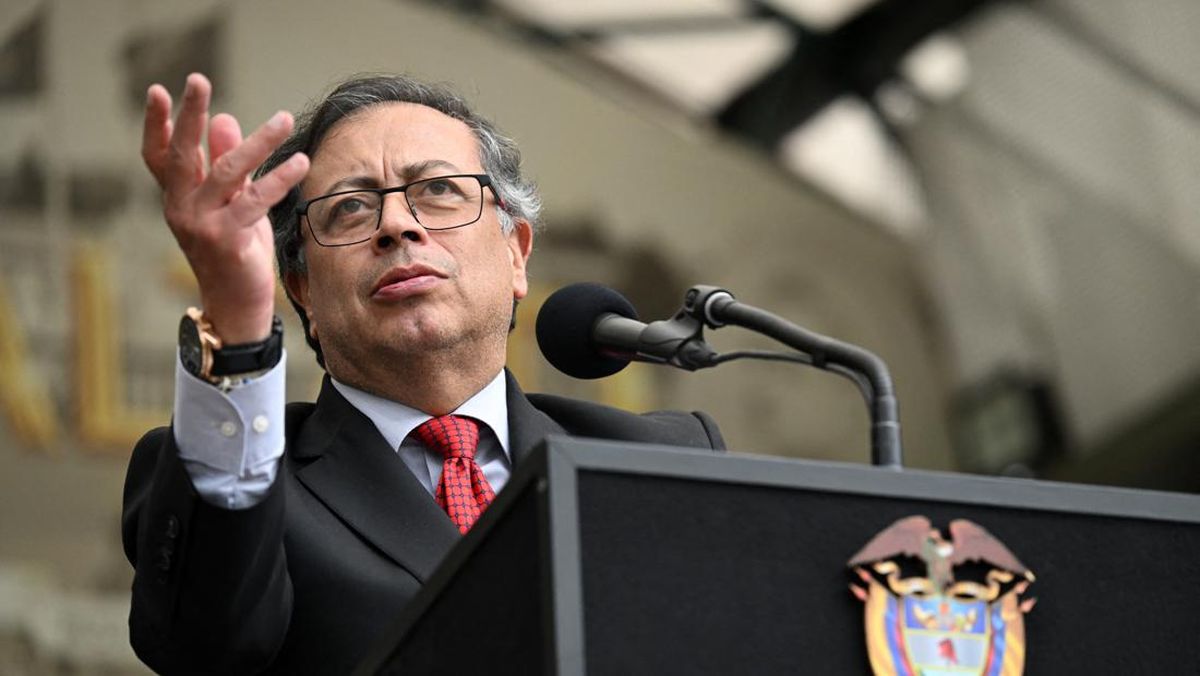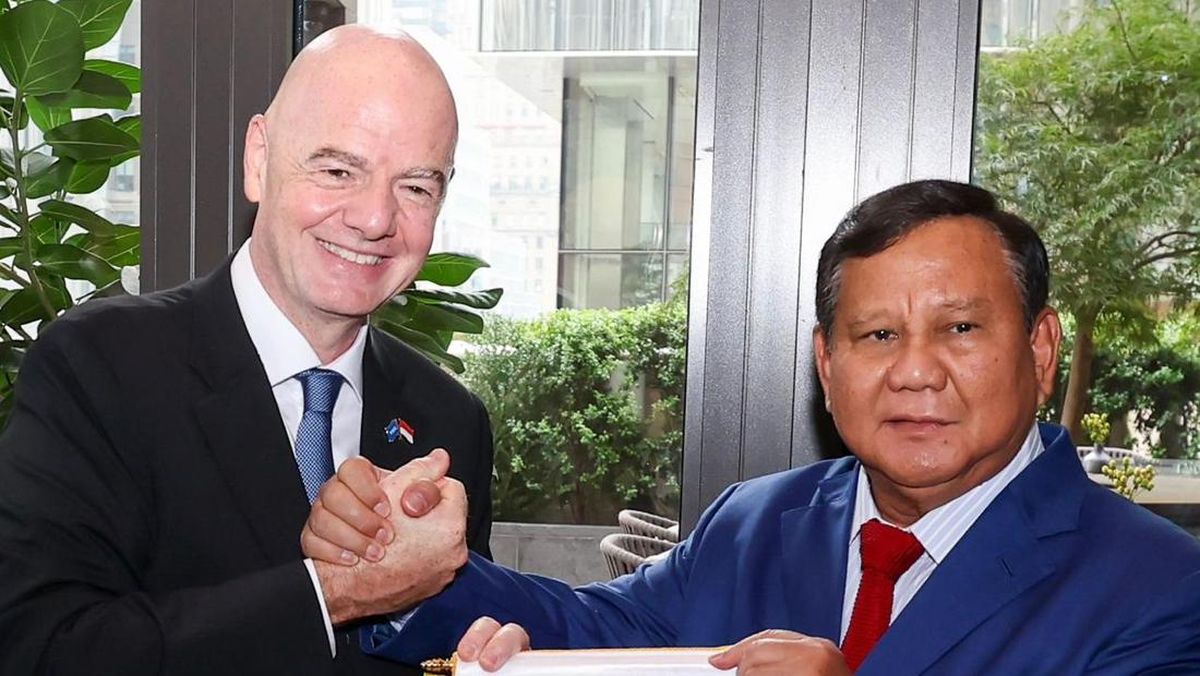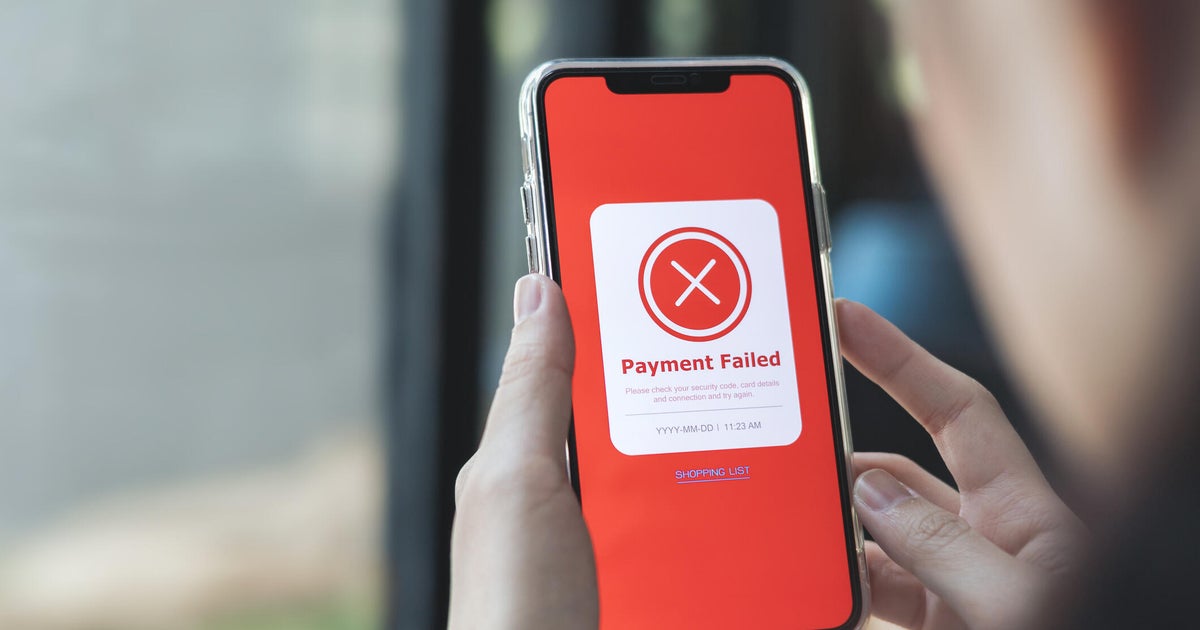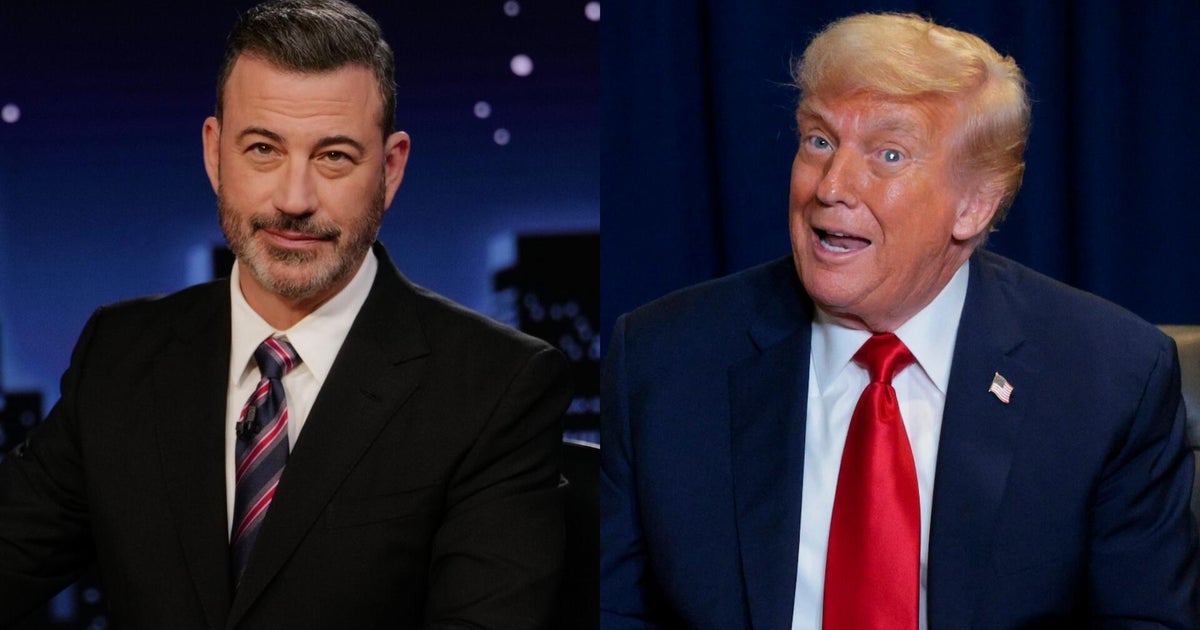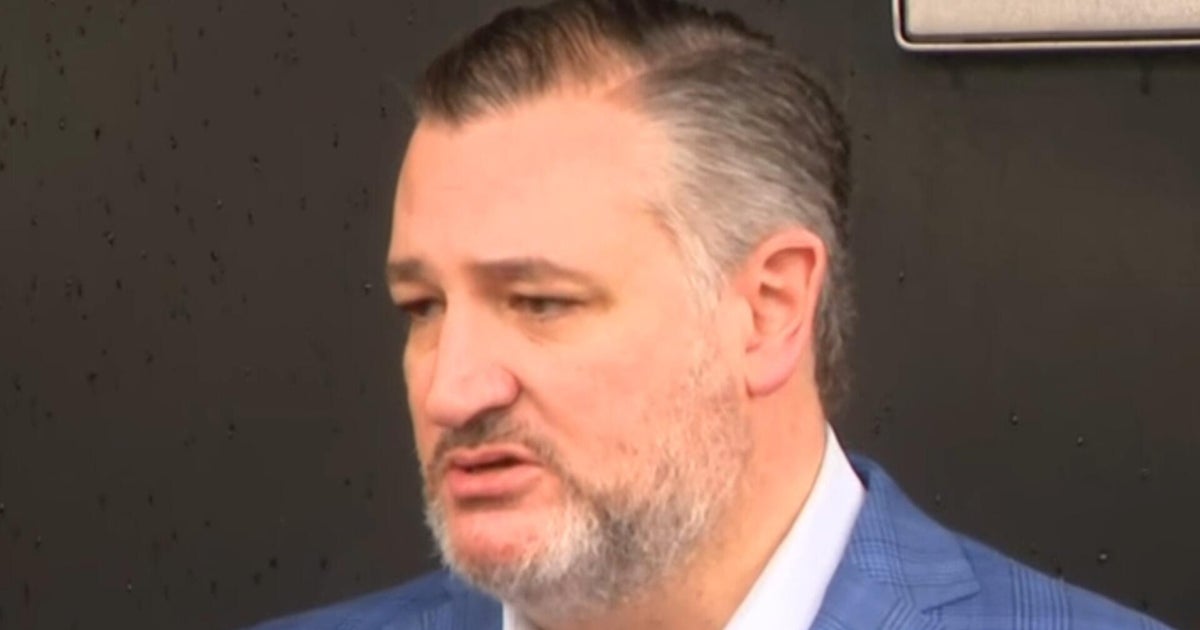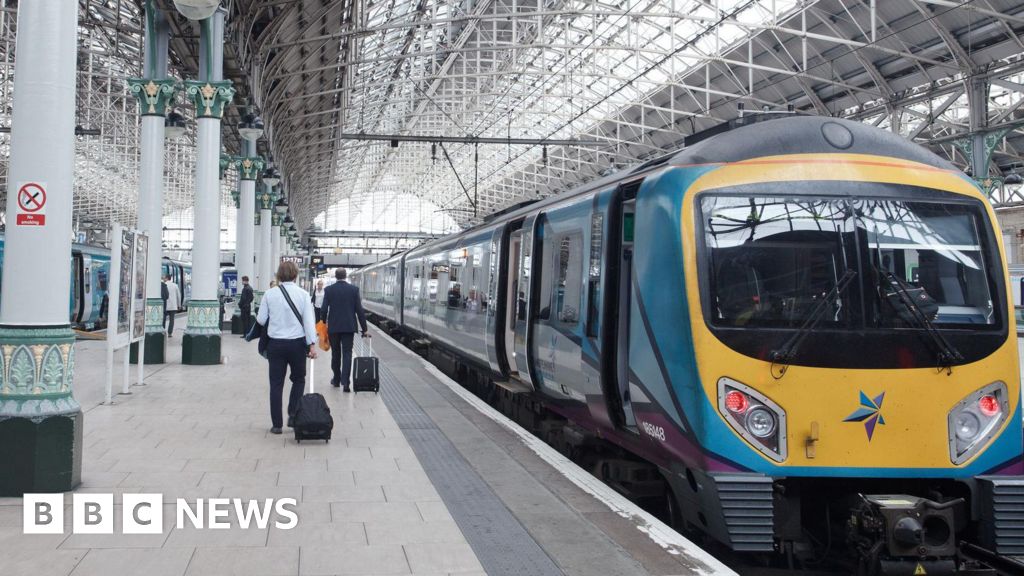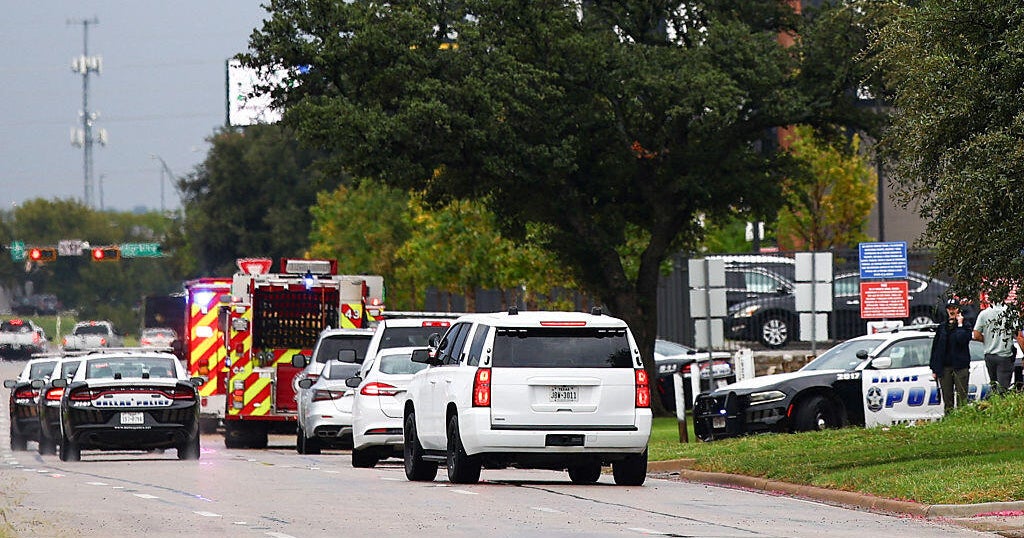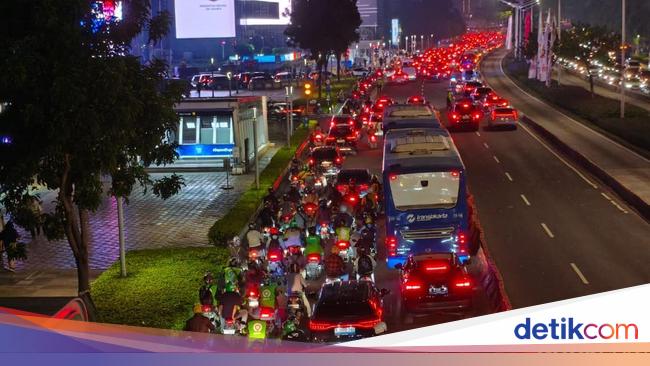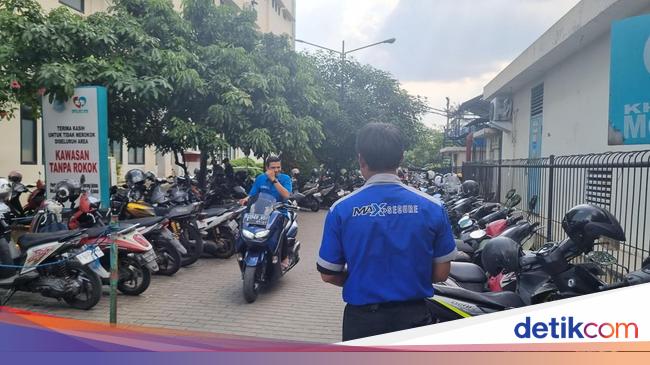New H-1B visa fee may threaten workforce
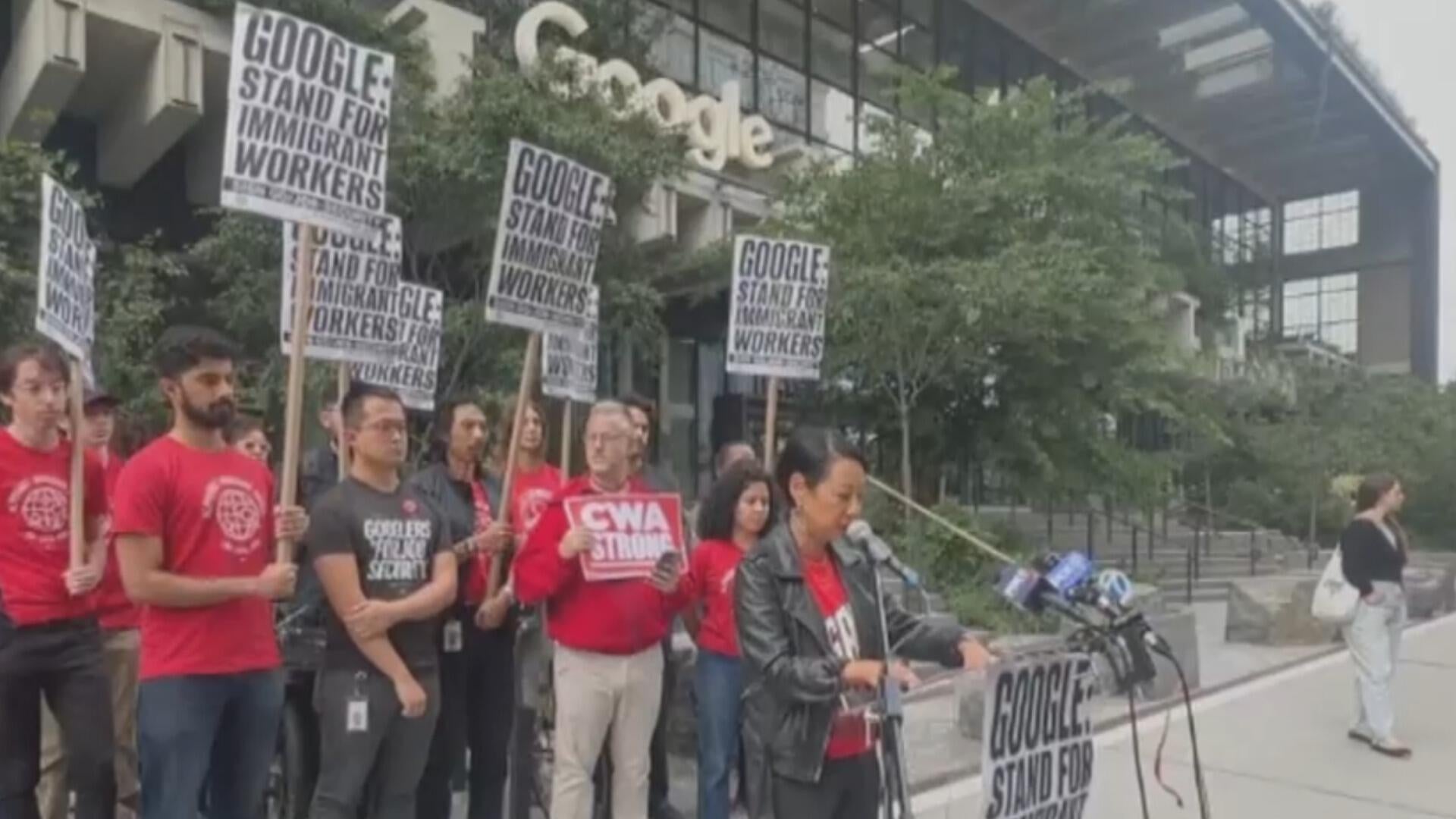
The Trump administration says the new $100,000 fee for foreign employees to obtain an H-1B visa will spur companies to hire Americans instead of bringing in labor from overseas. Yet many economists predict the results will be more mixed, potentially fostering increased domestic hiring in some industries but slowing long-term economic growth with a knock-on effect on overall employment.
"I could envision a scenario in which otherwise available [American] employees see a large increase for their labor demand," Kirk Doran, associate professor of economics at the University of Notre Dame, said of the new visa policy. "There is some evidence that for the kind of work H-1B employees do, there are available workers looking for jobs right now."
In the near term, some technology industry workers in particular could see job gains as more companies seek to avoid the sharply higher costs of bringing in employees from overseas, Rutgers University labor economist Jennifer Hunt told CBS News.
"The winners would be U.S. native-born computer programmers," she said. "If you're a native worker who is really similar to an immigrant, immigrants are usually bad for you. So we would expect current American, U.S. programmers to be helped."
Yet the bigger picture is more complex. Other economic research shows that hiring immigrant workers often benefits companies, providing a ready source of skilled labor with the education and training that may not be widely available in the U.S.
One 2024 study from the nonprofit IZA Institute of Labor Economics on the impact of U.S. immigration on employment said H-1B workers can "help firms increase their employment, revenues and survival probabilities," while finding no evidence that hiring of foreign labor through the program displaced native-born American workers.
The research — from economists at IZA, Federal Reserve Bank of Richmond, University of Delaware, University of Michigan and Queens College, CUNY — also found that every H-1B worker a company hired helped produce additional job gains. "High-wage, high-productivity firms expand more and even crowd-in natives with college degrees" when able to add H-1B workers, they wrote.
George Mason University economics professor Michael Clemens underlined that H-1B workers with specialized skills can help boost a company's revenue and profits, potentially spawning other kinds of jobs at the employer, such as in sales and marketing, that can be filled by U.S. workers.
As a result, Clemens worries that the policy change would hurt Americans' job prospects over the long term. "It is going to choke off job opportunities for the people it is supposed to help," he said.
Cost of restricting immigration
To receive an H-1B visa, which is awarded by lottery, an applicant needs to have at least a bachelor's degree in their field and have been offered a temporary job by a U.S. company. Congress caps the number of H-1B visas — which are valid for three years and which can be extended for an additional three years — at 85,000 annually. Roughly 700,000 workers in the U.S. hold H-1B visas, according to Capital Economics.
"The costs of restricting immigration are widespread," Gaurav Khanna, a University of California San Diego professor of economics focusing on migration, told CBS MoneyWatch. "On net, it benefits U.S. workers more than it hurts them, such that the benefits outweigh the costs. The visas allow the IT companies to grow quite rapidly, and these IT firms start hiring other workers in management positions and in HR, so it leads to employment growth at these firms."
The White House dismissed the notion that hiring workers from abroad also benefits U.S. workers.
"President Trump continues to prove to so-called 'experts' wrong time and time again – no 'economic study' can change the reality lived by many Americans across the country who bore the brunt of the massive abuse of the H-1B system," White House spokeswoman Taylor Rogers said in a statement to CBS MoneyWatch. "President Trump promised to put American workers first, and this commonsense action does just that by discouraging companies from spamming the system and driving down American wages."
Rogers added that the visa fee protects "Americans from cheap, foreign labor."
In a proclamation last week, Mr. Trump said H-1B visas disadvantage Americans by allowing companies to exploit the program to "replace, rather than supplement, American workers with lower-paid, lower-skilled labor." That has stunted job opportunities and undermined wages, he added.
How much do H-1B workers earn?
Some research supports this claim. For example, an August analysis from The Heritage Foundation, a nonpartisan think tank, found that H-1B workers earn significantly less than their American counterparts.
"[M]any employers may be using the H-1B program not to attract top-tier global talent, but to fill roles at below-median wage levels—raising questions about the program's alignment with its stated objectives," the report said.
Other changes could be coming to the H-1B program, with the Trump administration aiming to tilt it toward better-paid foreign workers. On Monday, it proposed replacing the lottery with a system that would favor immigrants with advanced skills and higher incomes.
The Heritage report also notes that the visas restrict worker mobility by tying a visa holder to a given company, preventing them from seeking other employment. That can make such workers more desirable to employers than native workers, who can leave their jobs at any time, the report explains.
In this sense, companies' reliance on the program can hurt native workers, the group said.
"But this creates an uneven playing field: Native workers, who are free to switch jobs or negotiate better pay, may be overlooked not because they lack skills, but because they are not as easily retained or controlled," wrote Alexander Frei, the report's author and formerly a senior research associate at Heritage. "As a result, employers may favor visa-bound workers who accept lower wages and fewer demands, driving down bargaining power and wage growth for equally or more qualified U.S. workers."
Other groups have criticized the H-1B program for disproportionately benefiting large, multinational firms that can enter thousands of visa applicants in the lottery and hire whomever is successful.
Mary Cunningham contributed to this report.
Megan Cerullo is a New York-based reporter for CBS MoneyWatch covering small business, workplace, health care, consumer spending and personal finance topics. She regularly appears on CBS News 24/7 to discuss her reporting.

